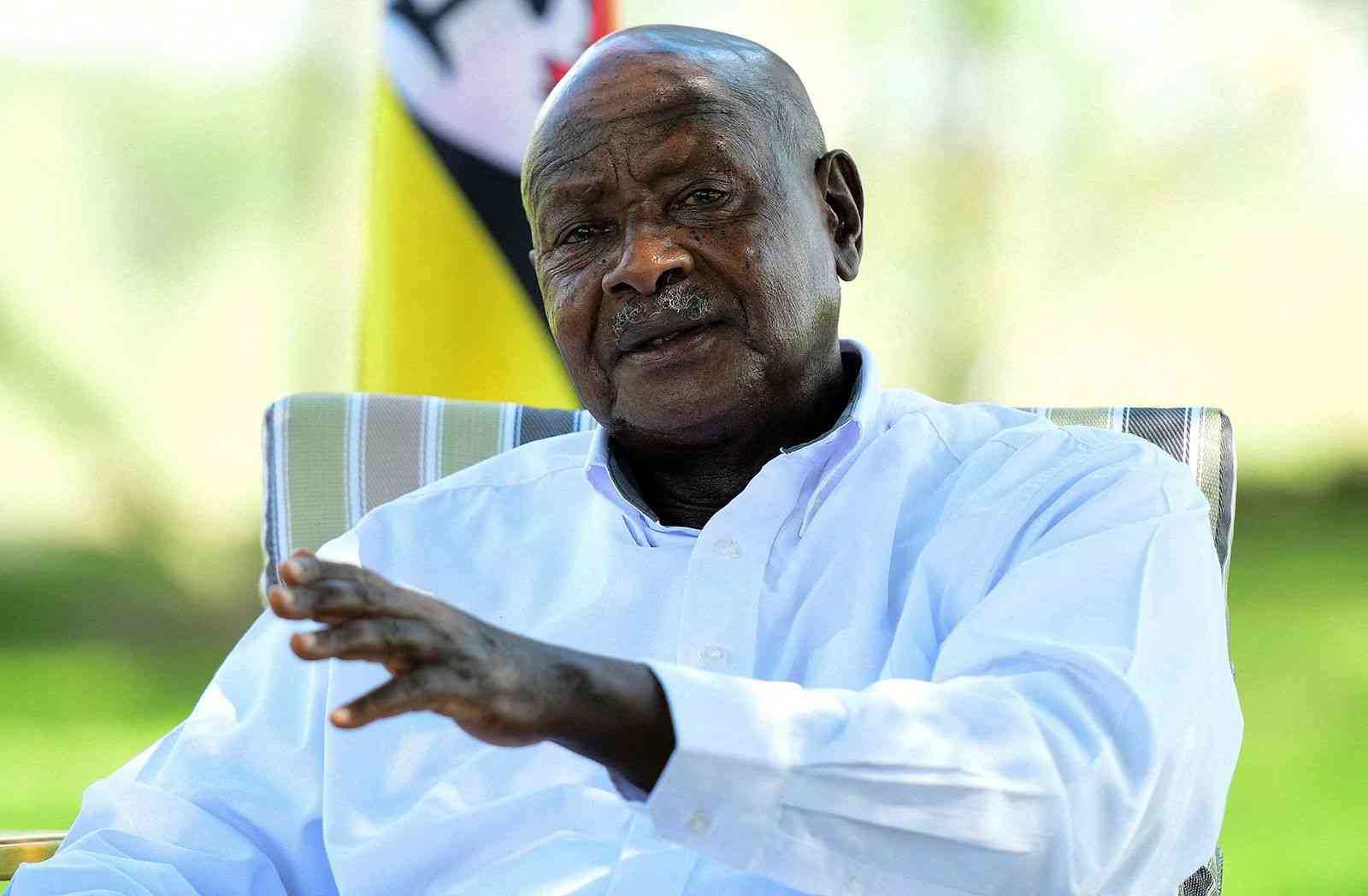YOWERI Museveni’s seventh term as Uganda’s president, secured with a declared 71,65% of the vote, is not a democratic triumph but a tragic reaffirmation of Africa’s descent into electoral theatre.
To call this an election is to desecrate the very concept of democracy. What unfolded in January 2026 was not a contest of ideas, not a reckoning of public will, but a ritual of domination: A meticulously staged performance designed to simulate legitimacy while extinguishing dissent.
This was not merely a political event; it was a moral collapse. The abduction of the main opposition leader by military forces during the vote was not an anomaly but a feature of the system, and yet, the silence that followed was deafening.
The African Union, the East African Community, and international observers stood by in complicit silence, their inaction a tacit endorsement of repression.
This is not neutrality; it is betrayal. Betrayal of democratic norms, betrayal of the Ugandan people, and above all, betrayal of Africa’s youth, who have endured six decades of post-colonial stagnation only to find their futures scripted by ageing strongmen clinging to power.
Museveni’s victory is not Uganda’s alone; it is a mirror held up to the continent that reflects a gerontocratic order that has mastered the art of electoral mimicry while hollowing out its substance.
It reveals a regional architecture more invested in stability than justice, more concerned with optics than accountability, and it exposes the global community’s willingness to tolerate authoritarianism so long as it is orderly. This is not just a Ugandan crisis. It is a continental reckoning. By Wellington Muzengeza, Zimbabwe Independent






